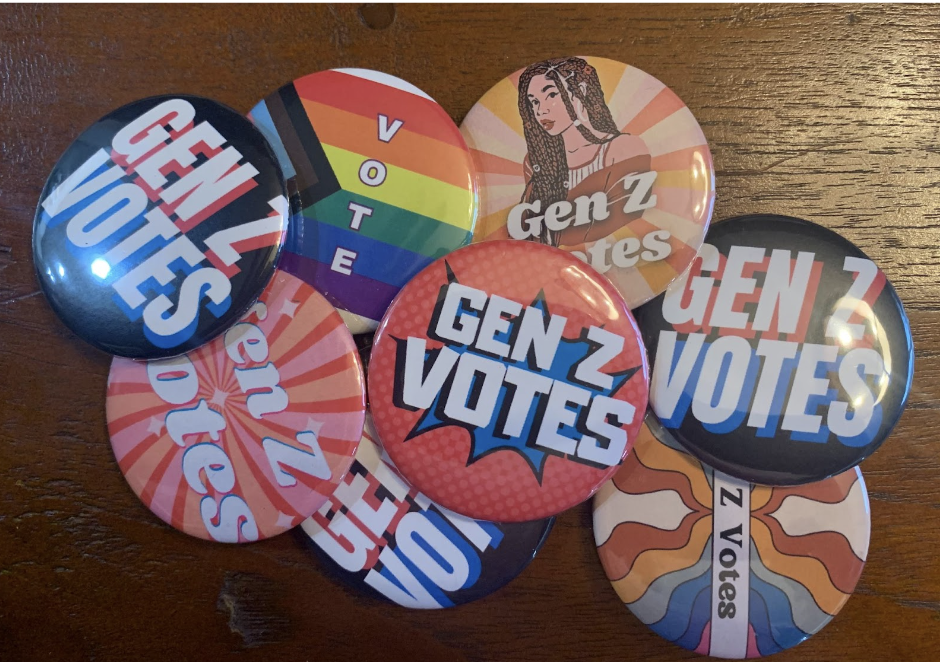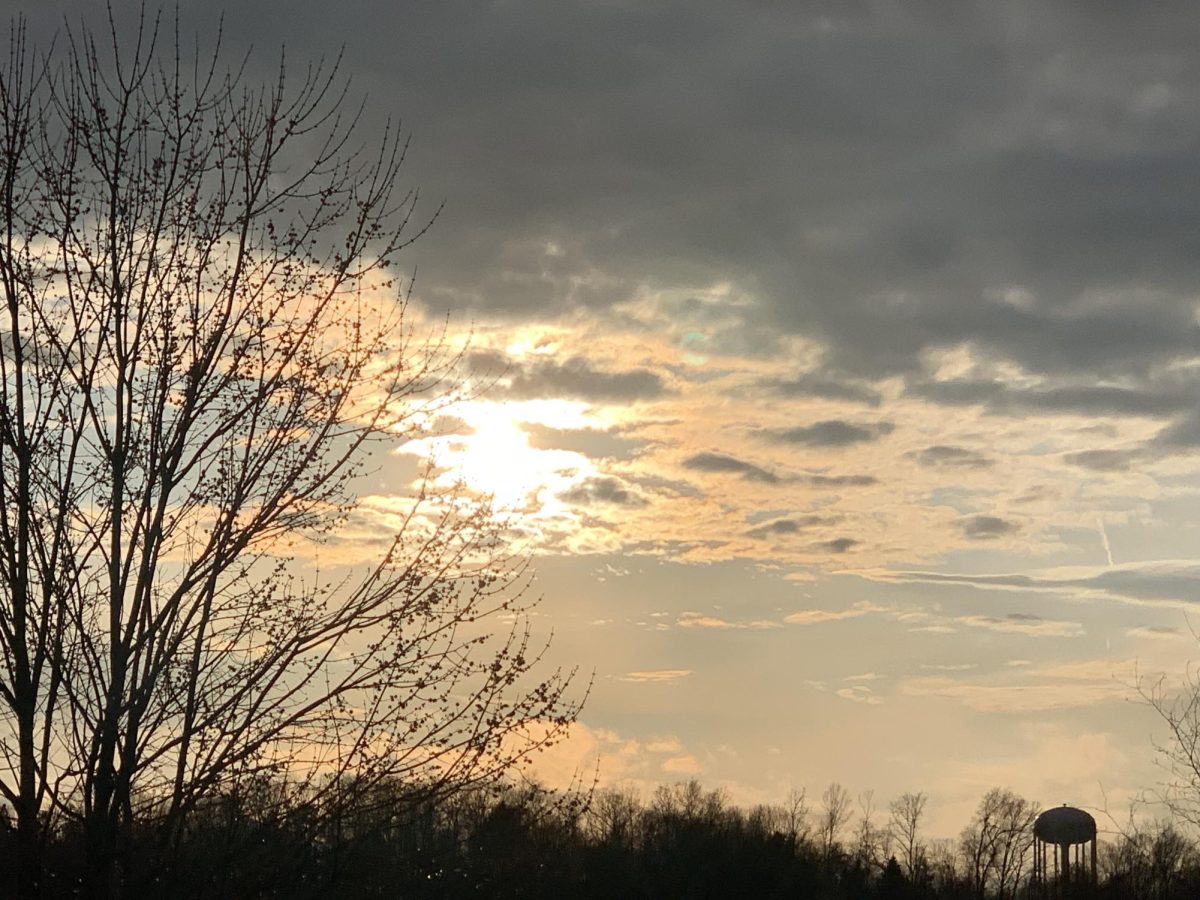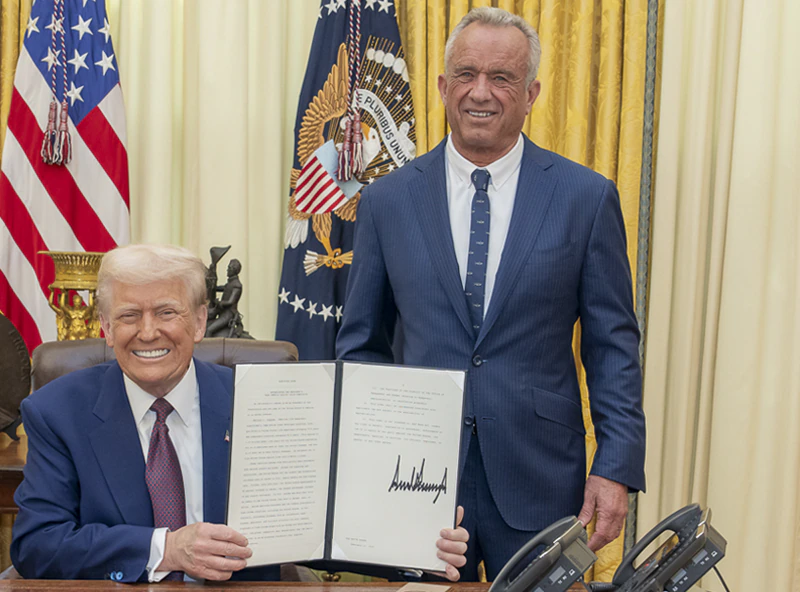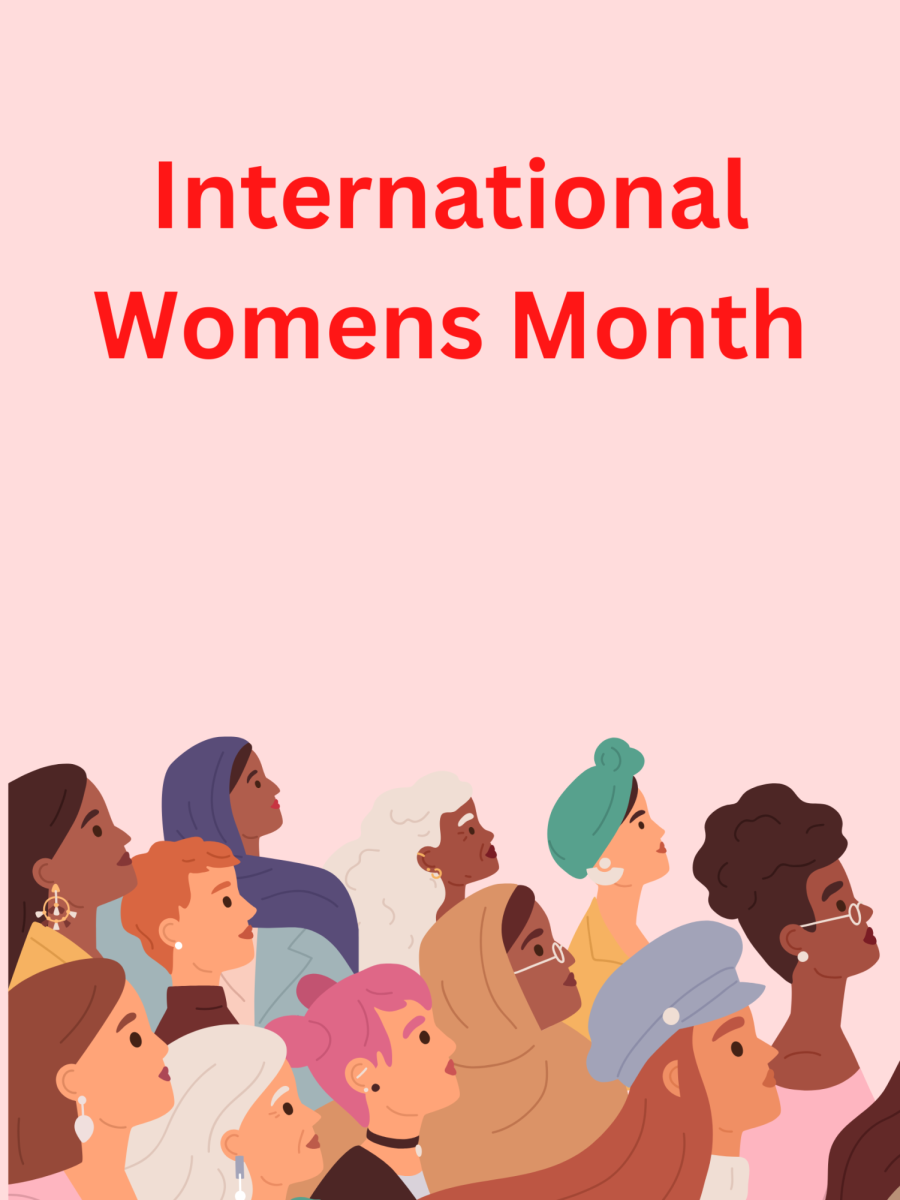A prominent tradition of American politics is the expansion of political rights, especially the right to vote. Although high school history classes cover the Constitutional amendments that extended the right to vote to African Americans, women, and 18-year-olds in the 19th and 20th centuries, history is also happening now.
On Jan. 10, the Newark City Council voted unanimously to give 16-year-olds the right to vote in school board elections. Across the US, communities in Maryland, California, and Vermont have passed similar reforms. According to Education Week, however, efforts to pass resolutions similar to Newark have failed in Hawaii, Illinois, Massachusetts, and Michigan. Last year, PA State Representative Chris Rabb introduced PA House Bill 1828, which would have lowered the voting age in all Pennsylvania elections. Worldwide, ten countries extend the vote to 16-year-olds, including Austria, Brazil, and Ecuador (World Population Review).
All this begs the question: Should SCASD 16-year-olds be allowed to vote?
State High Junior and 2024 Bill of Rights Institute Fellow Maya Dombroskie thinks that students would broadly support a proposition to allow 16-year-olds to vote in school board elections.
“Once the students are educated and are given both sides of the argument, I think that a lot of them would generally be in favor of lowering the voting age to 16 for school board elections because it’s something that directly gives our demographic more of a say in local government,” Dombroskie said.
Lorelai Radzanowski, a senior at Delta and the Delta High Advisory Council Chairperson, also strongly supports this idea. “It would take a significant amount of education, but I think this would be a very positive change for our community and something that State High would actually be able to take on extremely well. At Delta, I’m in an advocacy class right now, and a project we’re currently working on is lowering the school board voting age to 16,” Radzanowski said.
Thomas Quinn, the Education and Policy Director of PA Youth Votes, a nonpartisan group of educators, students, and community leaders dedicated to changing the policy and culture of youth voting, took a similarly optimistic stance.
Quinn said, “I think that it would be a great way to build dialogue around the idea of making choices and being informed about how policy is made because the school board is essentially a miniature legislature in and of itself. Understanding the policy-making aspect of it is a great thing for students to be able to do before they turn 18.”
The education system has a similar impact on students as the Federal government has on America as a whole. Participating in that smaller system would be an extremely beneficial way for students to learn how the larger system works in greater detail.
There was a consensus that most opposition to this plan would come from older generations.
Opposition and Obstacles to Voting at 16
“I think this idea would face a lot of opposition from adults and older voters who feel like 16-17 years don’t have the necessary mental development and that they aren’t responsible enough to vote,” Dombroskie said.
Both Quinn and Radzanowski echoed this claim in their arguments. However, Radzanowski takes issue with this argument, using the inherent nature of voting to explain why she believes it to be poorly constructed.
“I don’t see people voting for kicks and giggles. I see them voting intentionally, and the few votes that are immature and uneducated won’t make an impact on larger State College vote outcomes,” Radzanowski said.
The impact of elected officials on 16-year-olds should not be dismissed. As Radzanowski said, “At 16, you’re affected by traffic laws and taxes. If you have a job, you have to pay taxes for them. And you don’t have any say over that at all. And obviously, you’re still in high school, so you’re affected by the decisions of your school board.”
As Quinn said, there are actually no direct federal obstacles to lowering the voting age:
“What’s interesting is that there’s no real federal obstacles in the federal Constitution to lowering the voting age to 16. There’s nothing in the Constitution that would prevent that as long as they don’t try to raise the voting age. The Pennsylvania election code still says you have to be 21 to vote. It’s just nullified by the 26th amendment,” Quinn said.
Benefits of Voting at 16
Dombroskie discussed how lowering the voting age to 16 could push younger generations to vote more consistently. Due to major life transitions, the timing is a particular concern. “It can be hard to incorporate voting and registering to vote into college life. I think it’s critical in high school,” Dombrowski said.
Radzanowski views this proposal as an opportunity for students to exercise their vote and familiarize themselves with the process of choosing the right candidate.
“I think that it would teach them the value of their vote. It teaches them how to research candidates and how they can really see the impact of their vote, which is something that you don’t often feel in large-scale elections a lot of the time. So if students are able to vote for something like the school board at this age, they’re more likely to vote in the major elections because they see their vote being counted,” Radzanowki said.
Being able to practice voting in these small-scale elections not only allows one to experience what it’s like to vote, but it also allows one to assess the actual candidates and figure out what voters want and don’t want in a candidate, making their decision easier not just in the present but also in the future.
Need for More Voter Education
Similar to calls for more voter education following the last election, State High students continue to want more help preparing to vote.
“If we could integrate voter education into more grade levels and have it be put into practice, I think it would be really helpful. And if the voting age were lowered to 16 for school board elections, I think not only would it make sure that our school board is one that the student body actually wants to see, but it would allow teachers to start putting voter education into practice much earlier than senior year,” Dombroskie said.
Similarly, Quinn countered the claim that 16-year-olds are not ready or mature enough to vote by turning the question back to adults:
“If they’re not knowledgeable enough, it’s because the adults haven’t done their job, right? The adults haven’t engaged young people sufficiently to, one, interest them, and, two, give them the tools and the skills and the knowledge they need to be able to do that in an informed and responsible way,” Quinn said.
If you will be 18 by April 23, you can register to vote online and get help this Thursday and Friday at a voter registration table during lunch. You can also check your voter registration status online, look up your polling place, or get additional information about how to vote at the Centre County Office of Elections.









